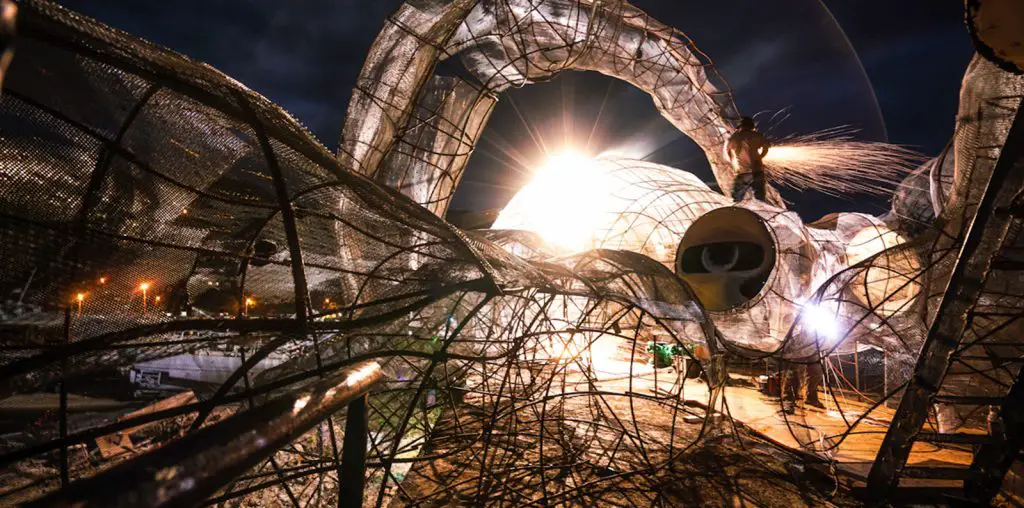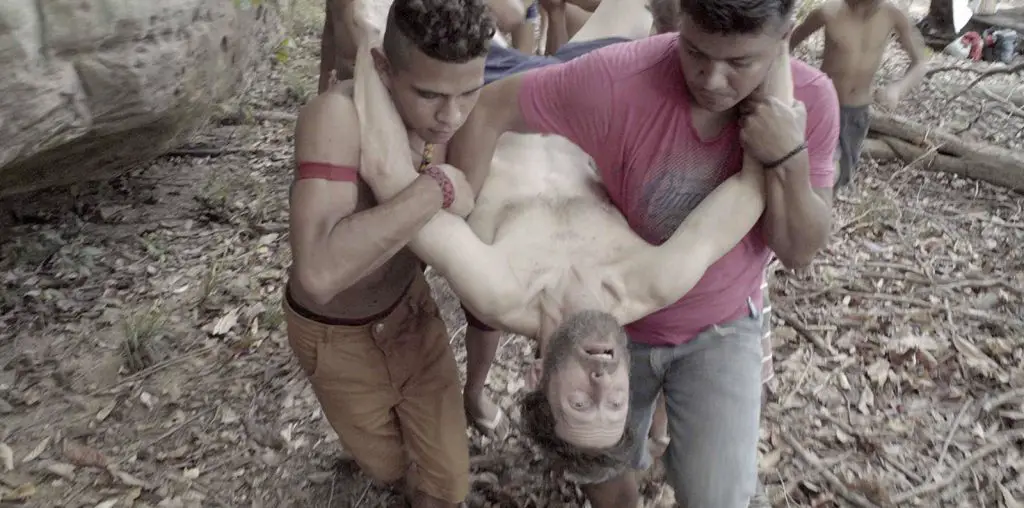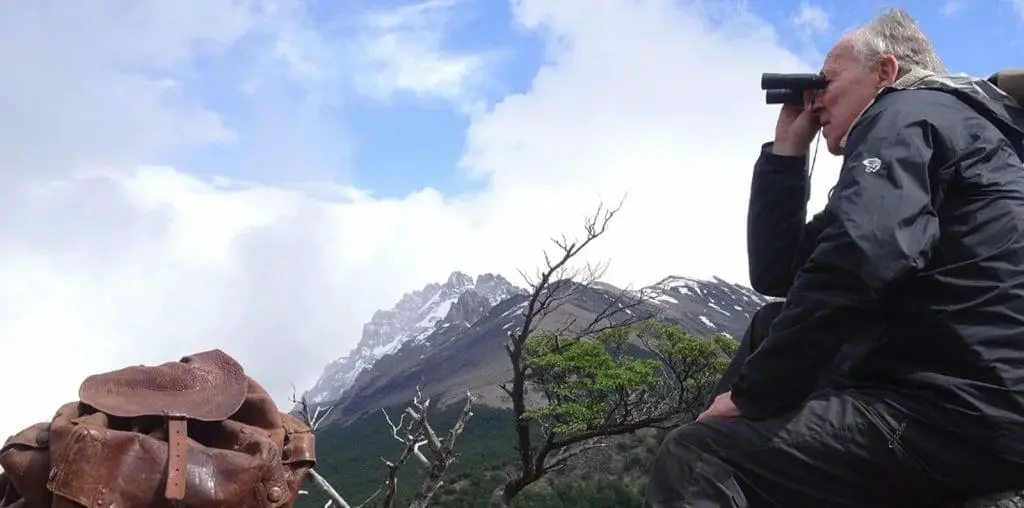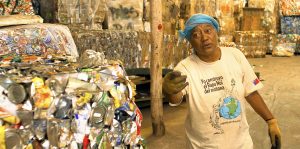
Other issues explored by Rapu include Rapa Nui’s tenuous relationship, both political and social, with Chile. As new construction and infrastructure are being built, contractors hire Chilean workers instead of locals, who need the money. Also, the island has become a beautiful location to resettle for Chilean citizens. This creates another environmental population imbalance as the number of Chileans soon will dangerously outnumber the native citizens.
But at the heart of the documentary is the island’s cultural struggle. Modernization of the island means that western influences would soon overwhelm Rapa Nui’s distinct language, culture, and customs. In some cases, it would be the island’s youth taking the initiative to learn about their ancestral traditions.
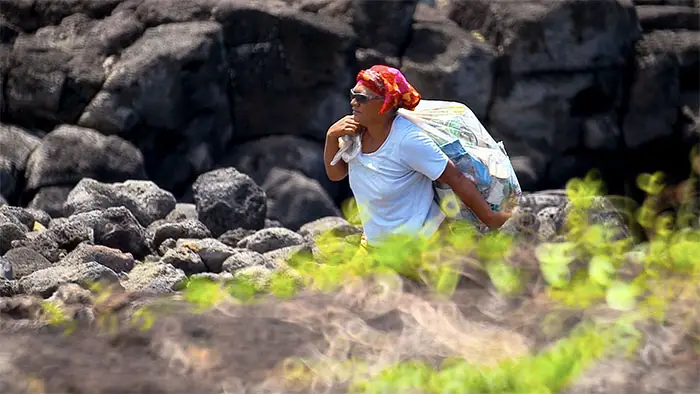
“…a record of his people’s customs and traditions, including his sister’s wedding—all for posterity.”
Director Rapu beautifully designs Eating Up Easter as a story told to his newborn son about his family’s origins in Rapa Nui. He presents the struggle to maintain the culture, that may look unrecognizable when his son reaches adulthood. Much of the second act is a record of his people’s customs and traditions, including his sister’s wedding—all for posterity. The film ends eloquently with the meaning behind the stone statues of his ancestors.
Eating Up Easter is another documentary exploring the tension a society faces when confronted with potentially being left behind in a rapidly changing world. Documentaries such as this, always paint progress as the antagonist, and rightfully so. The struggle to hold onto one’s past is an underdog fight and, at times, an unwinnable one.
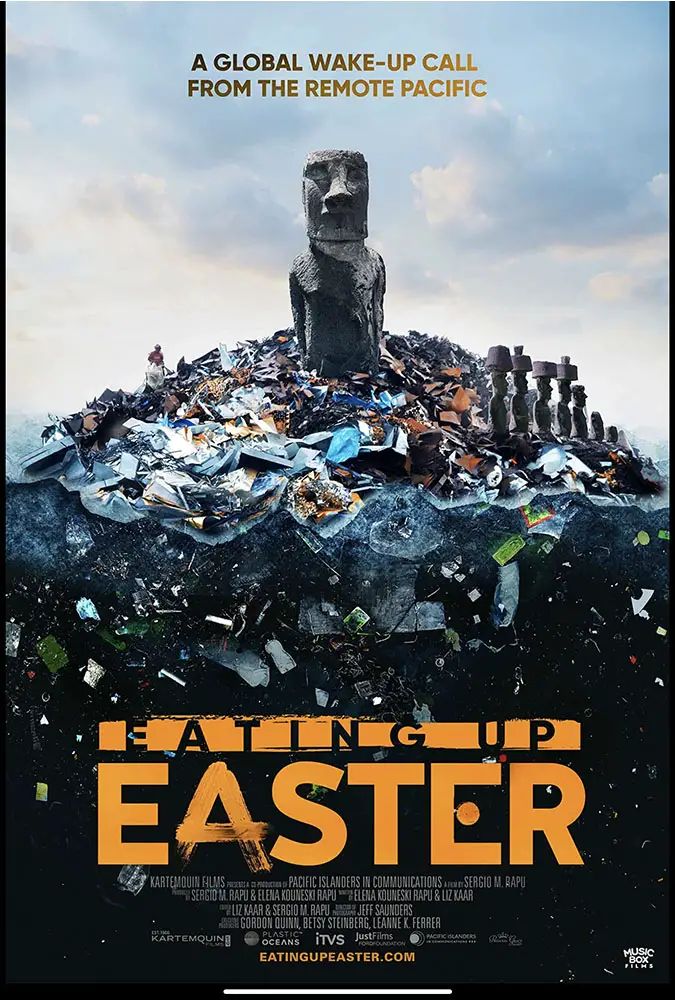
"…always paint progress as the antagonist, and rightfully so."
